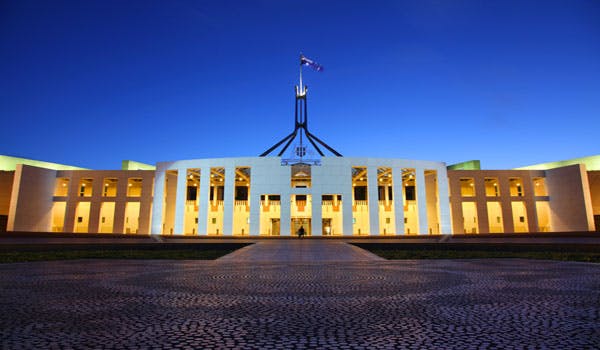Is business really stuck in the slow lane? Well, it depends who you talk to.
The latest survey findings to emerge from the Servcorp Australian Business Growth Monitor showed some 51% of businesses reported no revenue growth during the first half of 2013.
The majority, some 75%, saw no change to staffing levels, and just one in four increased their headcount during the last 12 months.
Marcus Moufarrige, Chief Operating Officer at Servcorp told Dynamic Business that small businesses are acting cautiously. “I think that there is a general feeling in the SME market, both reflected by the [survey], and certainly from Servcorp’s anecdotal evidence, that SMEs are being, and have been more cautious in the last financial year. And only in the last couple of months, from our perspective, have we started to see some what you might call ‘green shoots’ appearing, and confidence picking up a little bit,” Moufarrige said.
Reflecting similar figures seen in the latest Newspoll, around half of business owners believe they would be better off under a coalition government. Moufarrige said the fact that the current government had changed the number of ministers in the small business portfolio so frequently indicated that the current government isn’t really serious about small business. “There’s been no stability, no real commitment to helping small business with infrastructure, or with government policy, and I think that does have an impact on small businesses,” he said.
“I don’t think the government should be ‘doing everything’ to make small business work, in fact I think some of their policies actually get in the way, but I do think that building infrastructure for export should be a major focus, and a focus of a small business minister in cabinet,” Moufarrige added.
At a pre-election Tax Institute debate held in Sydney last week, both the Assistant Treasurer, the Hon. David Bradbury, MP and the Shadow Assistant Treasurer, Senator Mathias Cormann, were quizzed on what they have done, and would do, to help small business.
Cormann commented that small business is the engine room of our economy. “But it is also the sector which was completely ignored by the current government in the carbon tax compensation arrangements,” he said. To combat this, Cormann said a coalition government would scrap the carbon tax, thereby reducing the cost of energy, which is a significant input for business. “We will also deliver a modest company tax cut which is good news for business. But the most important thing we will be doing for small business is boost productivity and cut red tape, with a view of delivering $1 billion worth of savings over the next term of government,” Cormann said.
He also said that making superannuation payments would be made more efficient. “We will streamline that in particular for small business,” Cormann said.
Not to be outdone, Bradbury pointed to the government’s raft of instant asset write-offs, which are targeted for small businesses. “Now we have said that in relation to assets up to $6,500 you will get an immediate write-off. Now that is a cash flow benefit that is of great significance to those small businesses that are engaged in the exercise [of capital investment]. It’s not a direct handout, it’s not someone writing a check and giving it to people up front. But what I do know is that when I get out there in the community there are many small businesses that are taking advantage of this,” Bradbury said.
Bradbury said that in considering instant asset write-offs, there’s also the simplified pool. “Now if you talk about making tax simpler for small business, it’s not just the $6,500 instant asset write-off, but any expenditure on capital equipment above that will go into a simplified pool to make depreciation arrangements simpler than they previously have been,” he added.
“This is something that means that small businesses are able to manage issues in a way they previously couldn’t. So I think there are good efficiency reasons for this but also good macro-economic ones as well,” Bradbury said.

